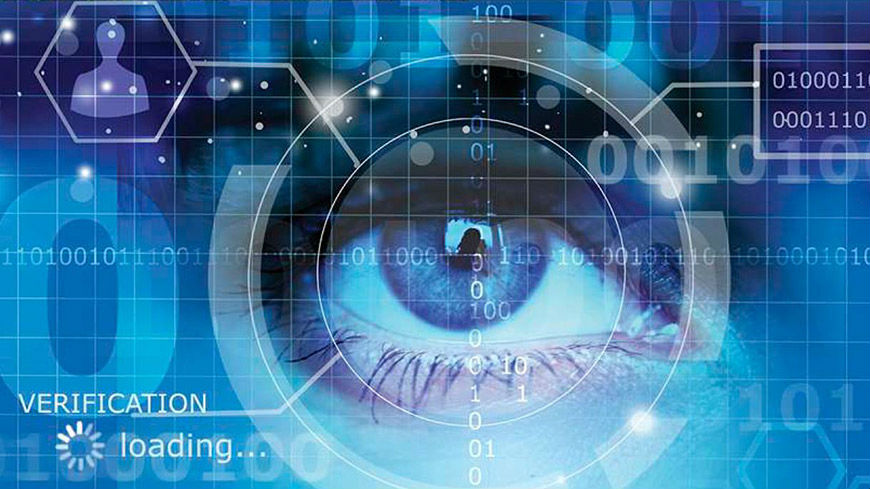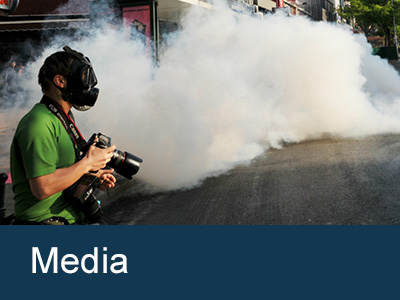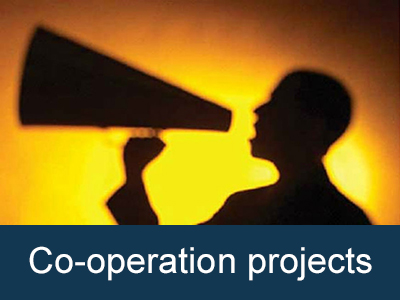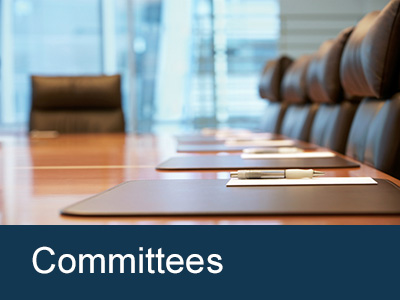The Committee of Ministers today adopted a Recommendation to its 47 member states encouraging them to periodically prepare national reports evaluating their level of respect for human rights with regard to the Internet, and to share their findings with the Council of Europe.
The recommendation aims to help member states to create an enabling environment for Internet freedom and to promote increased compliance with their obligation to respect, protect, and promote human rights on the Internet.
The recommendation contains a list of indicators that can be used for measuring the level of compliance with existing human rights standards. These indicators cover various aspects of freedom of expression and access to information, media freedom, freedom of assembly and association, the right to privacy and personal data protection and the right to an effective remedy.
Concerning surveillance measures by states, for example, the recommendation lists a number of necessary legal safeguards for human rights and fundamental freedoms which relate to the scope of discretion conferred on state authorities carrying out surveillance measures, time limitations, processing of personal data and supervision by an independent oversight body.
Governments are invited to carry out these evaluations of Internet freedom with the participation of the private sector, civil society, academia and the technical community.











